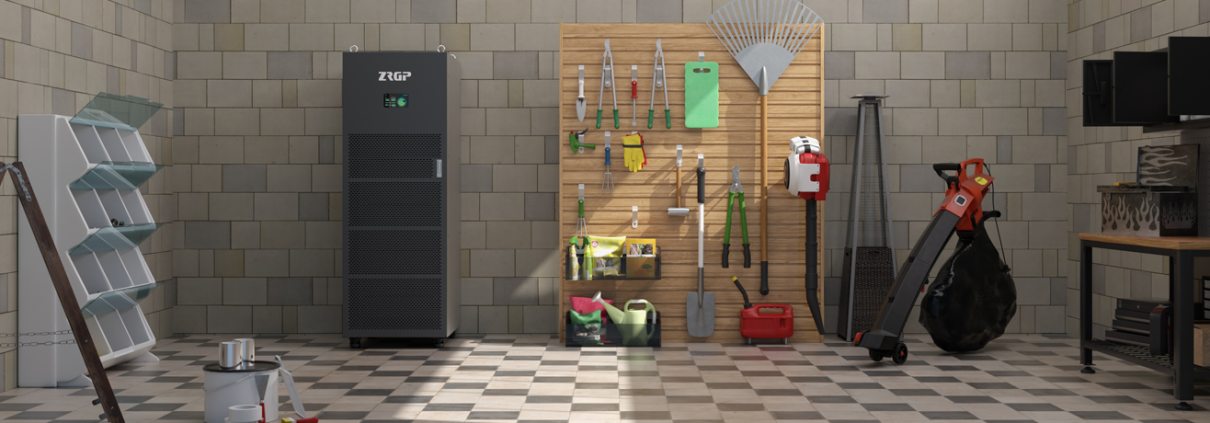From Warehouse to Powerhouse: The Potential of Wholesale LiFePO4 Lithium Battery
LiFePO4 (Lithium Iron Phosphate) batteries have been a game-changer in the world of energy storage. Their exceptional performance, safety, and longevity have made them a preferred choice for a wide range of applications. When you consider purchasing LiFePO4 batteries in bulk through wholesale channels, the potential for transforming your energy needs is even greater. In this blog, we’ll explore the incredible potential of the wholesale LiFePO4 lithium battery.
The Power and Versatility of LiFePO4 Technology
LiFePO4 lithium batteries are renowned for their impressive characteristics. They offer high energy density, long cycle life, and excellent thermal stability. These batteries are exceptionally safe and can operate efficiently in extreme temperature conditions. They are also well-suited for high-discharge applications, making them perfect for a wide variety of industries, from renewable energy and electric vehicles to backup power systems and more. Purchasing LiFePO4 batteries in bulk opens the door to harnessing this versatile technology for your specific needs.
Cost-Efficiency and Long-Term Savings
One of the most significant advantages of wholesale LiFePO4 lithium batteries is the potential for cost-efficiency. Buying in bulk allows you to take advantage of volume discounts, which can significantly reduce the per-unit cost. While the initial investment may be higher, the long-term savings are substantial. LiFePO4 batteries are known for their extended cycle life, meaning they can last for thousands of charge-discharge cycles. This longevity not only ensures consistent performance but also results in lower replacement and maintenance costs over time.
Eco-Friendly Energy Storage
LiFePO4 lithium batteries are recognized for their eco-friendly attributes. They contain no harmful heavy metals, such as cobalt, which are often associated with environmental concerns in other types of lithium batteries. Their sustainable and non-toxic composition makes them a responsible choice for those seeking to minimize their environmental impact. Purchasing LiFePO4 batteries in bulk aligns with sustainable practices, contributing to a greener and more responsible approach to energy storage.
Customized Solutions for Diverse Applications
Whether you’re looking to power a large-scale renewable energy project, build an electric vehicle fleet, or enhance your industrial operations, wholesale LiFePO4 lithium battery offers customized solutions. With various sizes, capacities, and configurations available, you can find the right battery packs to suit your specific application. Wholesale options make it feasible to tailor your energy storage solution to your unique requirements while enjoying the benefits of bulk pricing.
In conclusion, wholesale LiFePO4 lithium batteries have the potential to transform your energy needs, taking you from a warehouse stocked with batteries to a powerhouse of energy storage. With their impressive technology, cost-efficiency, environmental responsibility, and adaptability for various applications, LiFePO4 batteries purchased in bulk represent a smart and forward-thinking investment. Whether you’re focused on reducing costs, enhancing performance, or contributing to a more sustainable future, wholesale LiFePO4 lithium batteries offer a path to achieving your goals.

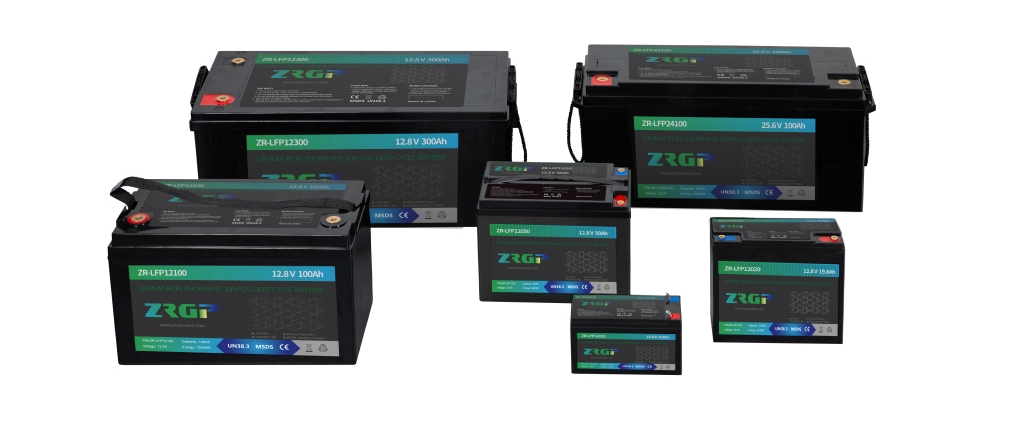
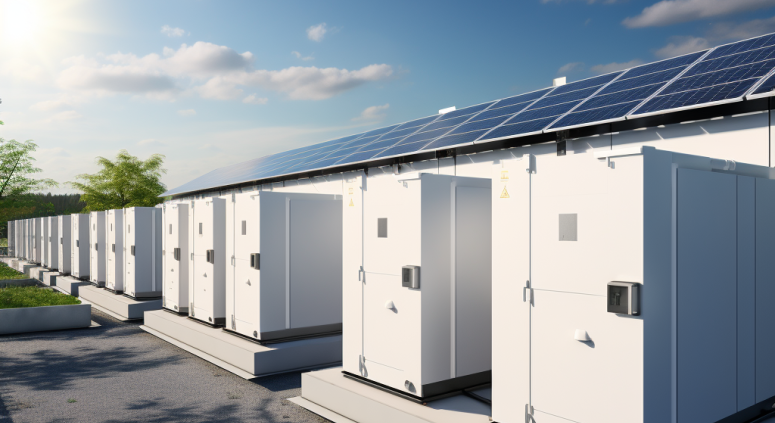
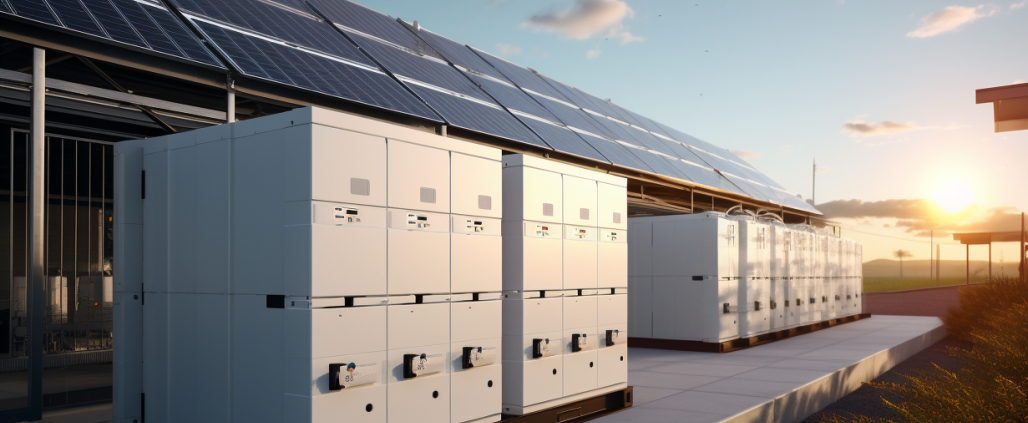
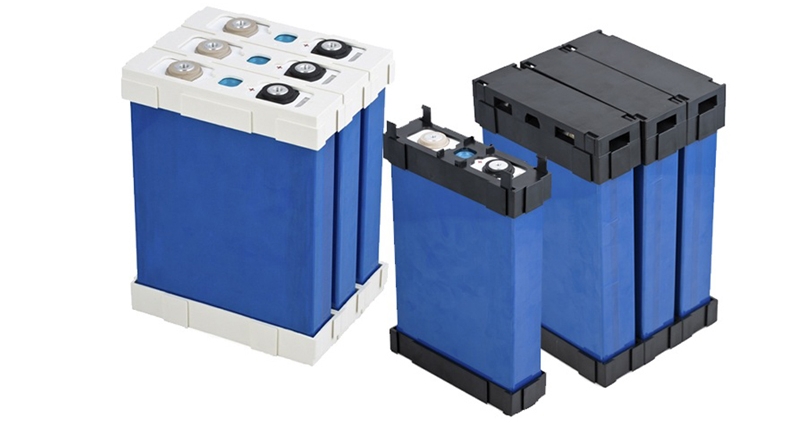
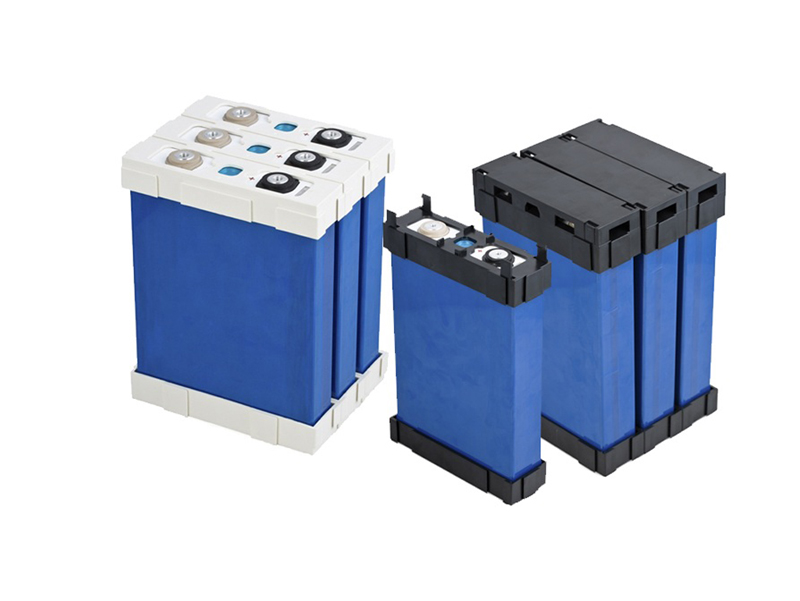

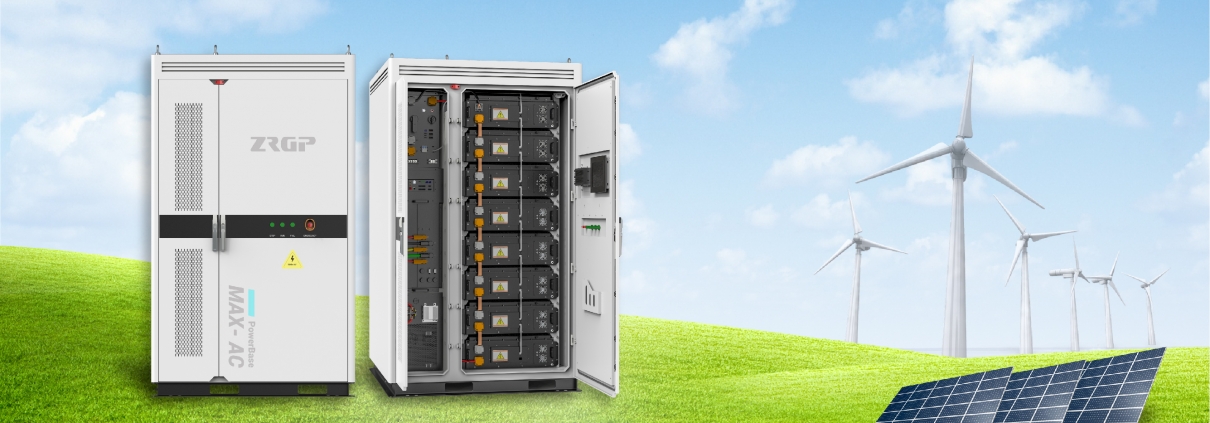



 Power outages have become more frequent, thanks to an aging electric grid and increases in extreme weather. Power outages can make our homes dark and uncomfortable and cause huge disruptions to our daily life.
Power outages have become more frequent, thanks to an aging electric grid and increases in extreme weather. Power outages can make our homes dark and uncomfortable and cause huge disruptions to our daily life.
